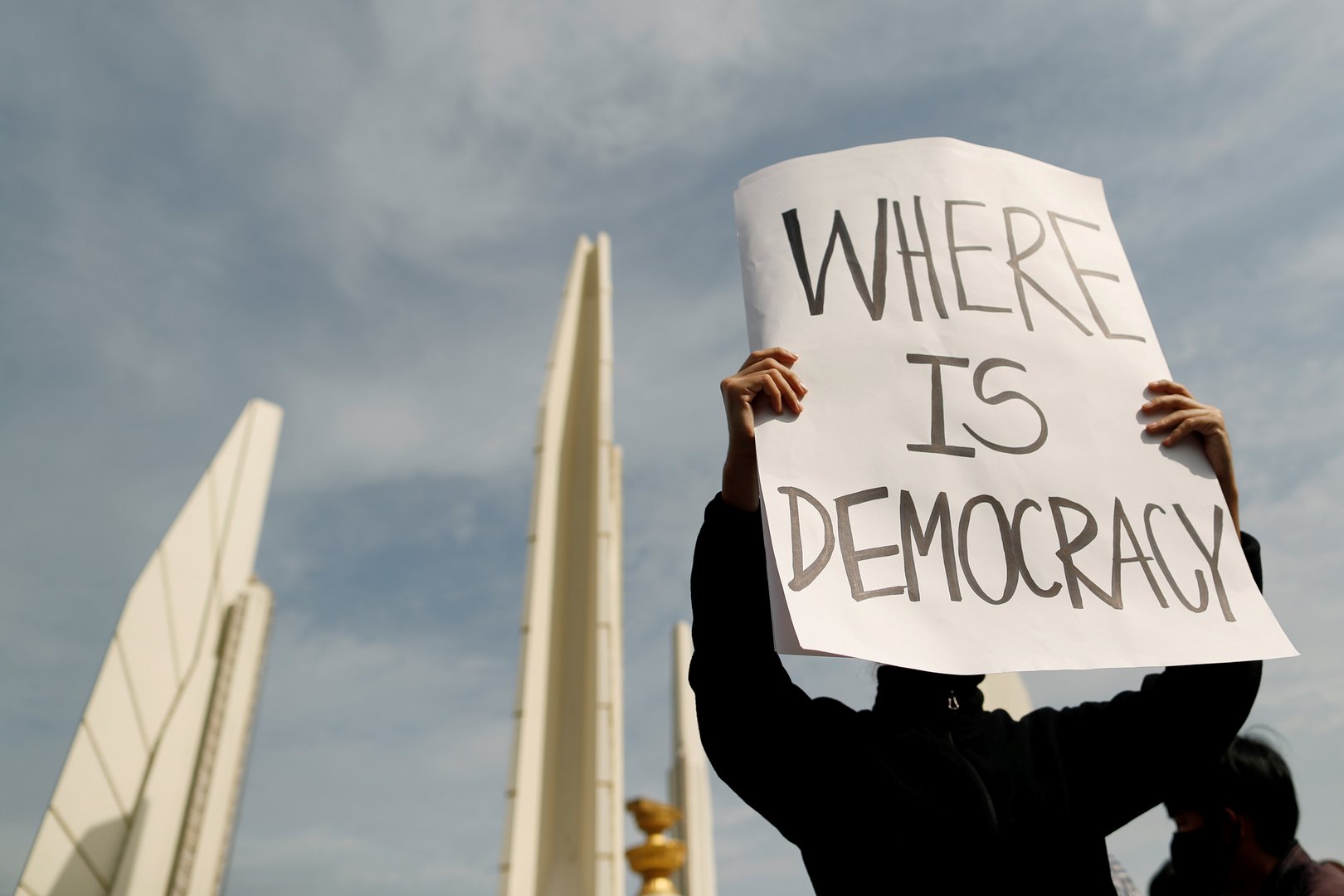By Grant Duncan
Many western countries have seen a decline of trust in government and politicians. But if you’re one of the distrustful majority, that may not be such a bad thing.
In a 2021 survey, just 24.5 per cent of respondents across OECD, countries said they trust political parties. National polls repeatedly show similar results, particularly in the wake of scandals involving politicians misbehaving. Longer-term systemic failures and incompetence in public services don’t help either.
The OECD has offered some sound ideas on how to reinforce democracy and rebuild trust: be transparent about donations; increase citizen participation in the democratic process; and listen to people – especially the disadvantaged. I’d add that using proportional representation in elections could mitigate dissatisfaction with democracy.
But political trust is paradoxical. Dictators expect to be trusted unconditionally, too. So history has taught us that no one should be trusted with power unless it’s limited in scope and tenure. Hence, democracies separate powers, hold elections and prosecute corrupt public servants. Democratic constitutions are premised on distrust of the powerful.
In a representative system, the many have entrusted the few with powers to make law and form a government. But this is a conditional trust, interwoven with scepticism about misconduct and abuses of power. Historical experience proves that a strong dose of distrust is good for democracy. Self-evidently, trustworthy leaders are preferable – but that doesn’t mean trusting them unconditionally once they’re in power.
Trust isn’t a ‘thing’
The OECD’s concern about low trust implies that more must be better. But there’s no optimal survey result, and no one should expect complete trust.
People talk metaphorically of “building” trust, but trust isn’t a “thing” that’s literally broken and rebuilt. It is relational and reciprocal. Political trust is about an underlying “deal” that keeps a society together and functioning. Since the 17th century, this has often been called a “social contract” by which those who govern are entrusted with powers, but only if they aim for the security and wellbeing of the people they represent. In return, people pay taxes and obey laws.
If the political elite wonder how to “rebuild trust”, their first place to look is in the mirror.
An international survey asked people “how to improve democracy”. The most frequent answers were about getting better politicians – and less often about changing the system. Responsiveness, competence, honesty and hence trustworthiness are qualities that people want in their leaders – although these are in the eye of the beholder. Supporters of Donald Trump often describe him as “honest”, while others see him as an egregious liar. People disagree about whom to trust, and judgment will partly depend on which politicians promote the policies people prefer.
For some, getting better leaders would mean throwing out the present cohort and starting afresh. For others, it might only mean that those in office should pull their socks up.
The European Social Survey shows that people express more trust in political institutions when they perceive public processes and social outcomes to be fair and just.
But you probably didn’t need a survey to understand that reducing inequality and democratising decision-making are good ideas. And if you’ve suffered discrimination and injustices, you’ll be less trusting. Distrust may be based on reasonable assessments of actual events, rather than misinformation.
Government is a work in progress
As the world faces complex problems such as climate change, the AI revolution, inequality and armed conflict, competent and honest leaders and effective government are needed more than ever. But leadership and government are themselves problems about which people have debated for millennia, with still no universally agreed solution in sight. It’s worth noting, for example, that in China, most people tell pollsters that they trust their government.
There may be disagreements about how best to govern, but all states practice, by necessity, some form of government. And the arts of government are ancient. Concern for a fundamental political trust is as old as Confucius’s Analects. The Roman emperor Marcus Aurelius wrote eloquent notes to himself about being a better ruler.
As there’s no handy administrative formula for political trust, such personal and political self-examination has to persist. Undoubtedly, citizens want an end to scandal and corruption. Laws and codes may prevent the worst behaviour, but they can’t produce the best.
So, if you distrust politicians, you’re not alone. Telling surveyors that you don’t trust politicians is a gentle and valid form of political resistance. Politicians should pay heed, reflect on their own behaviour, and then take practical steps to deliver better public services – in other words, do a better job.
Grant Duncan, Visiting Scholar in Politics, City, University of London
This article is republished from The Conversation under a Creative Commons licence







Click here to change your cookie preferences